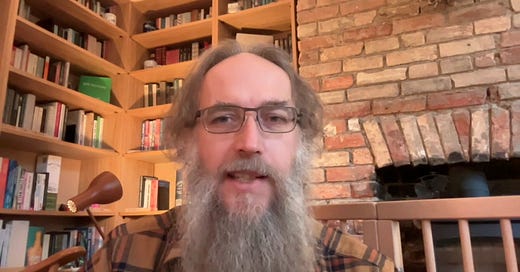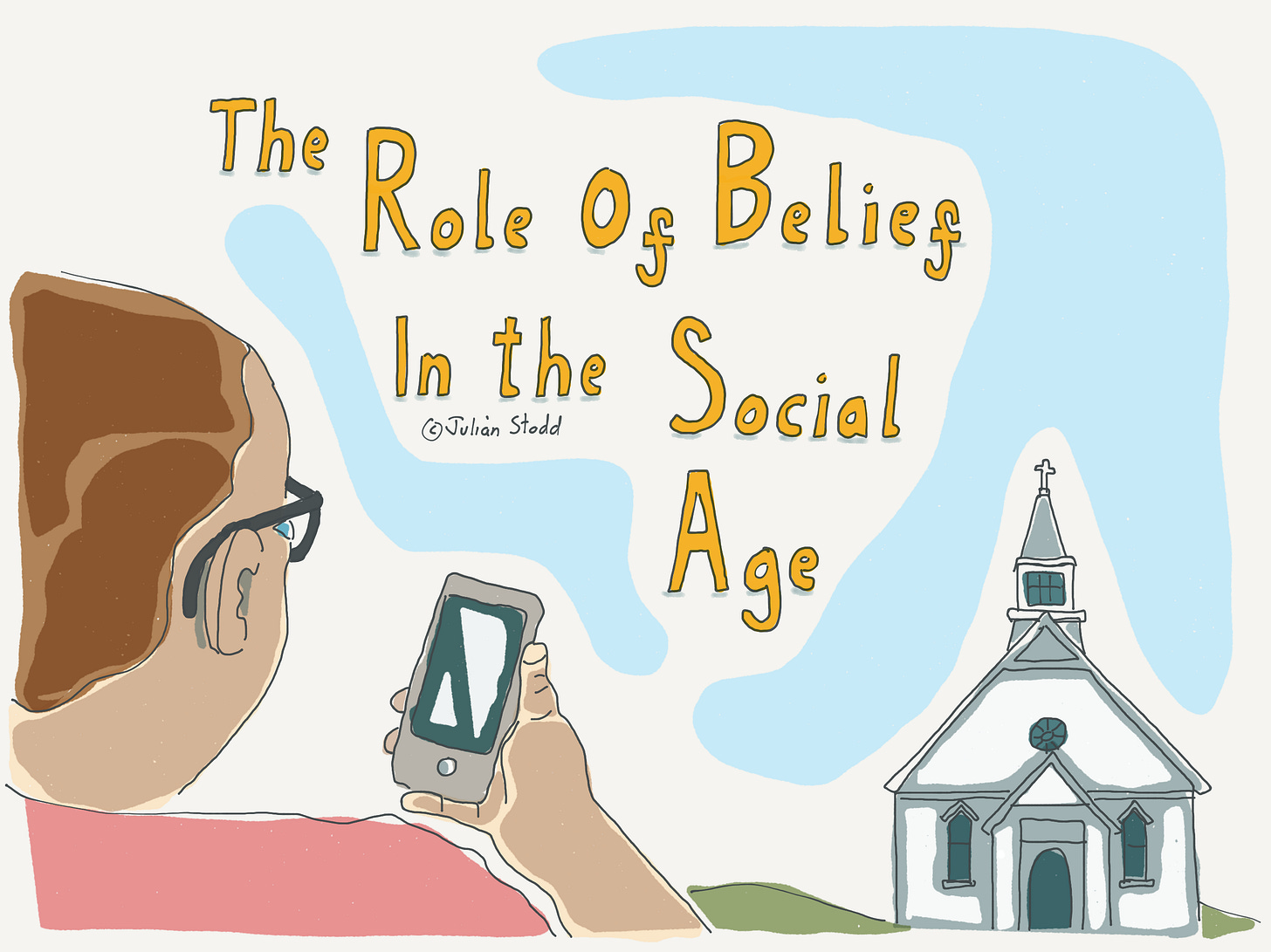My work explores the context of the Social Age: it’s research led but ultimately exploratory and subjective. It’s a sketch of what i see around me (the landmarks) and what i believe that it means (‘belief’ being the mechanism of interpretation in this case), and hence what we can do about it - what it means for our Organisations (of productivity, of government, defence, innovation, education and so on).
This year i will be carrying out something of a retrospective review and update of my published work so far: seventeen books, some of which are current, others of which need to be updated, versioned up, and some of which may need an epitaph added as they get left behind.
This is as it should be: i have always said that writing represents what i used to think. The moment you save the last revision is essentially the moment that the conversation ends.
The Death of Learning
I had a long conversation last night with a couple of friends, exploring notions of the ‘learning organisation’, and concluded that perhaps what we really need is the death of learning itself.
Not because we stop learning, but because we have re-engineered our Organisations to the point where learning is embedded, and the things that dies is the industrial legacy.
I’ve written before about broad trends in Organisational learning, away from codification, infrastructure and control, and towards personalisation, constant contextualisation, distribution, and social co-creation.
Moving away from the Organisation that owns and distributes learning towards the one that facilitates and enables it - but with other key differences in place.
The legacy industrial model was one of infrastructure and ownership, but the future one will be more permeable, probably with a layer of the New Guilds, which will both develop and hold capability that is contracted or rented into slimmer Organisational structures.
In a real sense, Organisations will become less structural, but more cultural. Less about what they know how to do, more about their ability to learn what to do.
The research for the Learning Science Guidebook leads me to consider the foundations of this change: Learning Science will not give us the tactical answers, but it will, now and over time, give us the knowledge within which we may engineer them. And as we do so, this pivot, away from Industrial, and into Socially Dynamic, will flow.
Between now and probably April we will be working on the underlying content, but then we will start to explore structure, and i think the third section of the book will consider this: the death (and rebirth?) of learning - the emergence of the Organisation that IS learning, that can learn.
Belief
I have a number of active research threads this year, and ‘belief’ is one of them, albeit quite a peripheral one. This work is very early stage, but is likely to explore belief through personal narratives: a collection of stories from people who have belief, lack it, have found or lost it. It’s not specifically a book about religion, but rather about the force of belief itself.
I have previously carried out research into belief in leadership, and Organisations themselves: how do people believe in their leaders, and the Organisations that they work for, and how does this belief work. This new piece of work would probably sit parallel to it: i think it’s relevant because stories of belief are deeply emotive and relate to belonging, as well as exclusion.
The other piece i continue to ponder is the sequel to ‘The Humble Leader’, which would be a book about ‘Togetherness - Otherness’ - i guess that this is, to an extent, simply another lens of looking at the same thing. About how we belong, about the social structures of our Organisations, and the forces that play upon us.
Both of these pieces may develop or fail - it’s early stage #WorkingOutLoud.
With best wishes
Julian






Share this post